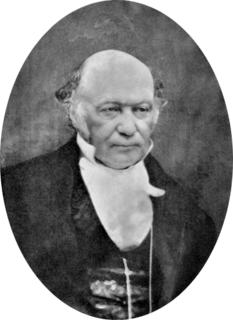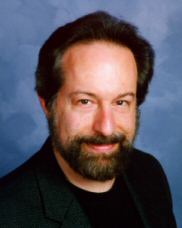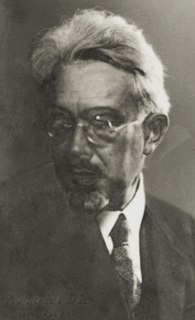A Quote by Margaret Atwood
Time is not a line but a dimension, like the dimensions of space. If you can bend space you can bend time also, and if you knew enough and could move faster than light you could travel backwards in time and exist in two places at once.
Related Quotes
Time is said to have only one dimension, and space to have three dimensions. ... The mathematical quaternion partakes of both these elements; in technical language it may be said to be 'time plus space', or 'space plus time': and in this sense it has, or at least involves a reference to, four dimensions. And how the One of Time, of Space the Three, Might in the Chain of Symbols girdled be.
Today, we know that time travel need not be confined to myths, science fiction, Hollywood movies, or even speculation by theoretical physicists. Time travel is possible. For example, an object traveling at high speeds ages more slowly than a stationary object. This means that if you were to travel into outer space and return, moving close to light speed, you could travel thousands of years into the Earth's future.
What differentiates time from space is that time does have a direction. In that sense it is different from space. I think that's certainly true that whereas spatial dimensions don't have direction or an arrow, time does. It runs from past to future. But I see that arrow of time as rooted in a deeper metaphysical reality, namely the reality of temporal becoming - of things coming to be and passing away. That is why time has this arrow. But it's not sufficient to simply say that time and space are distinct because time has a direction. The question will be: why does it have a direction?
Dancing is surely the most basic and relevant of all forms of expression. Nothing else can so effectively give outward form to an inner experience. Poetry and music exist in time. Painting and architecture are a part of space. But only the dance lives at once in both space and time. In it the creator and the thing created, the artist and the expression, are one. Each participates completely in the other. There could be no better metaphor for an understanding of the mechanics of the cosmos.
With space travel, [it's] no different. You know, in 1990 I read the name Virgin Galactic Airways. Loved the name. And set out to try to find an engineer or rocket scientist in the world who could build a safe, reusable rocket that could take people to and from space and we could start a whole new era of commercial space travel.
Any time you do something, you make decisions about time and space. I wanted those decisions to be out of my hands. I could be dragged, carried along by another person, I could be a receiver. I could be the agent of the overall scheme, but I didn't want to be the agent of the particular action. I could make the ultimate decision that my space is going to change now, but I don't know where it's going to go.
In space-time everything which for each of us constitutes the past, the present and the future is given en bloc...Each observer, as his time passes, discovers, so to speak, new slices of space-time which appear to him as successive aspects of the material world, though in reality the ensemble of events constituting space-time exist prior to his knowledge of them.





































